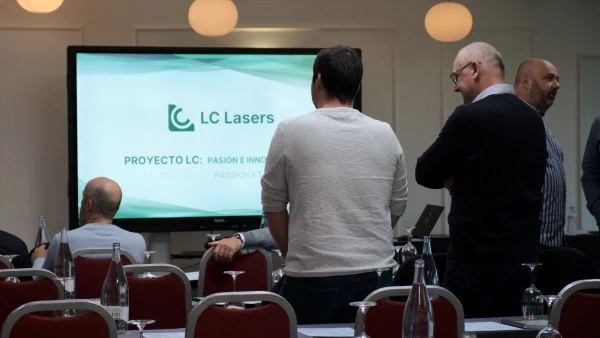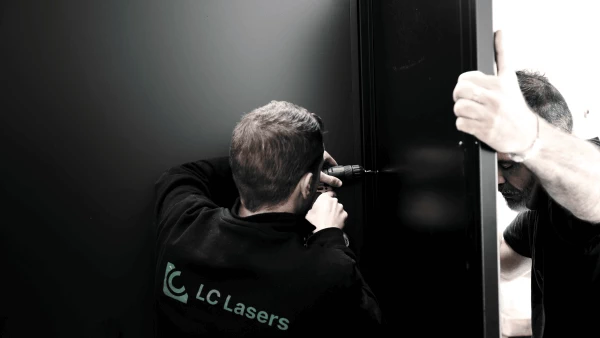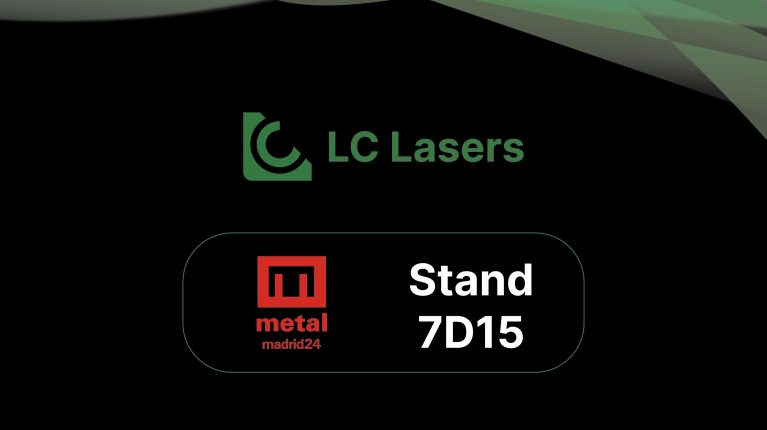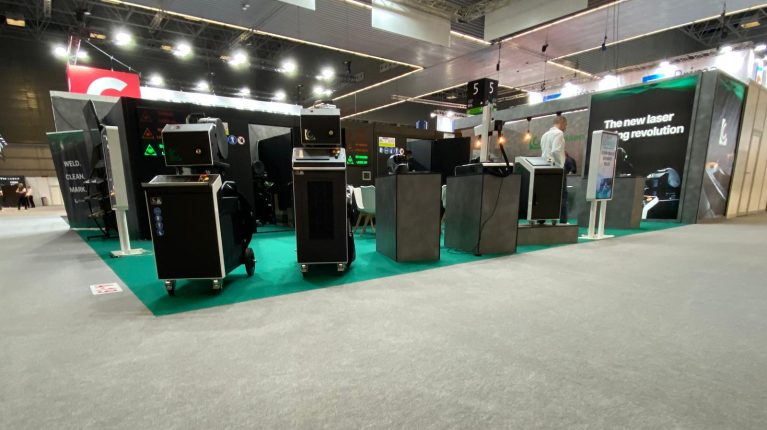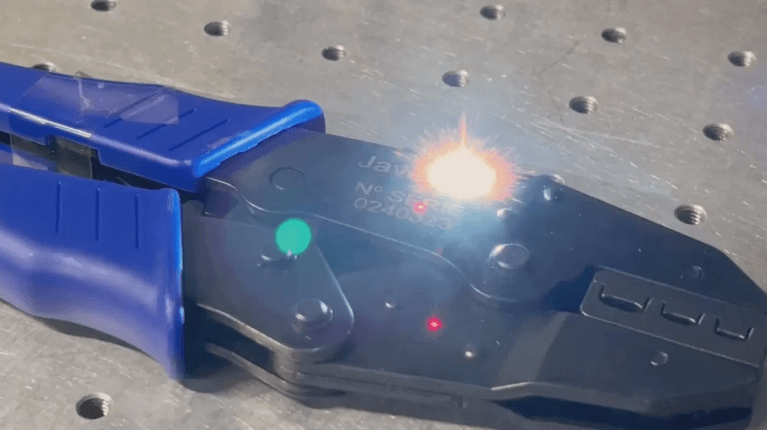Applying laser engraving in the food industry
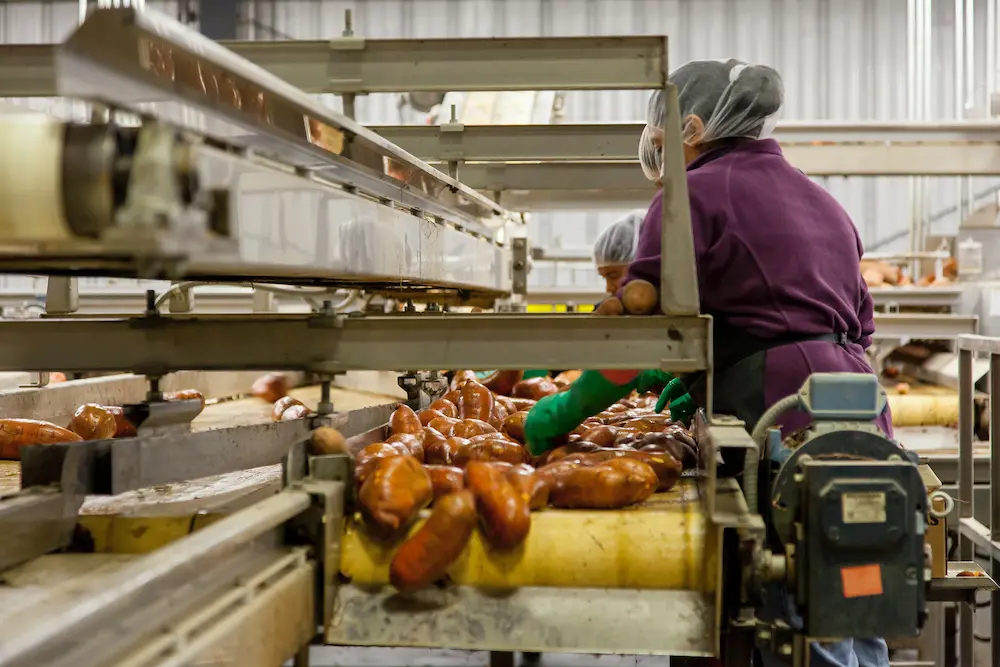
Summary:
The food industry is in charge of carrying out the processes that are related to the food chain, handling food of all kinds, shapes and quantities. This industry faces several problems, one of which is to maintain a good organization, which at first glance seems very easy, but due to the enormous number of products that handle this task, it becomes very difficult, therefore, correct traceability. It is a fundamental process for the correct development of its functions.
This sector is known for being highly demanding in terms of security measures. These types of sectors that directly involve the consumer, as is the case of the food sector, have an enormous responsibility, which is to avoid any type of negligence that could harm the health of people or animals.
In this article we will talk about the characteristics and factors that make the laser marking and engraving system the best option for this type of sector. We will go into detail about the advantages over other traditional methods, among other things.
The importance of laser traceability in the food industry:
Companies in the food sector are always looking for alternatives that allow them to continuously monitor the traceability of their products reliably and effectively. This is where laser engraving systems come into action, providing answers and results in the face of this type of problem.
The identification of fruits and vegetables is traditionally done with adhesive labels, as we can normally see in supermarkets or chain stores specializing in food. However, this has clear disadvantages for the environment and for companies, which is the generation of waste. The elimination or reduction of this type of waste has increasingly become a factor of concern within the industry. These affect the environment and at the same time generate a continuous extra cost to the company for their total elimination.
Unlike labels, laser engraving does not generate waste and allows you to save in the long term due to the useful life of laser machines. This system uses an efficient beam of light to remove the pigment layer from the surface of the product in a very subtle and superficial way, creating an engraving with contrast. The mark it leaves is long-lasting but does not affect the shelf life of the product, which is still edible. The CO2 laser only removes the first layer of cells from fruits and vegetables, being a totally safe system for the health of consumers.
Since traceability is so important in this sector, companies are looking for systems that allow them to stimulate their production processes, such as laser engraving.
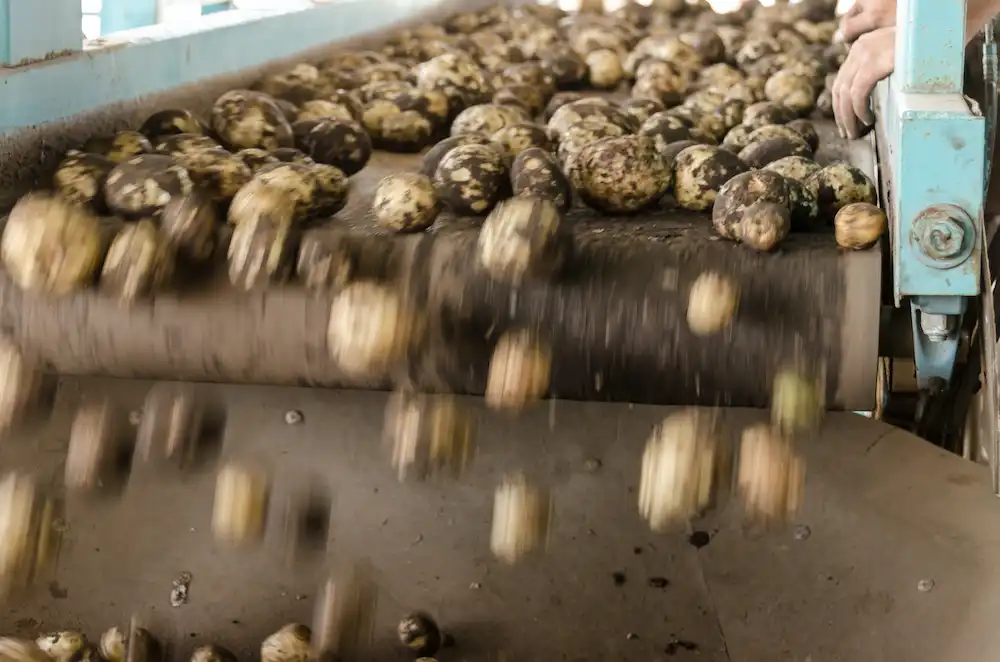
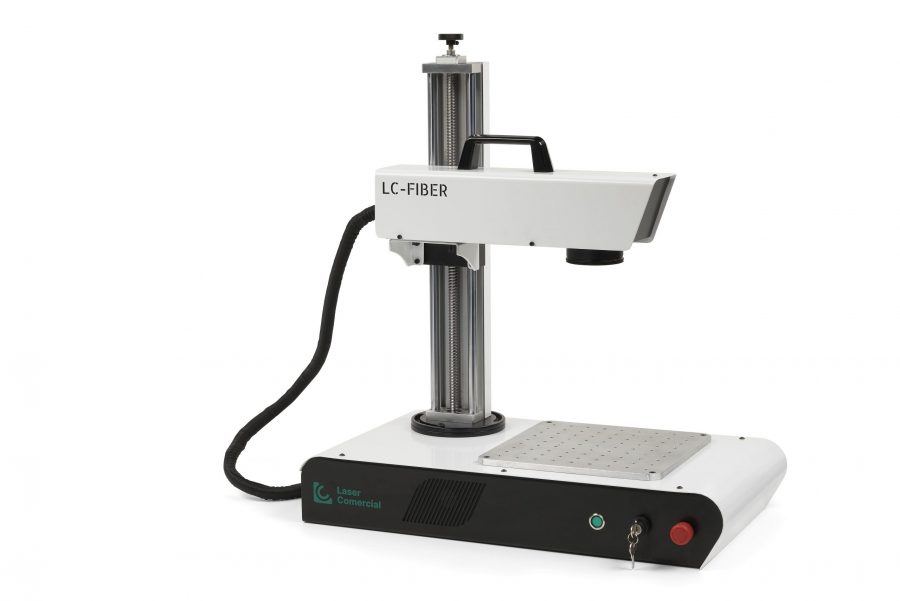
Advantages of using laser engraving in the food industry:
Currently on the market there are many methods that collaborate in traceability within a company, of which laser engraving has clear advantages that make it one of the most innovative systems in the sector. Here are some of these benefits:
- The laser engraving or marking system on the surface of fruits or vegetables is a more environmentally friendly process than classic labeling, without using unnecessary packaging (tray, plastic or labels) and eliminating waste by engraving without damaging the skin of fruits or vegetables .
- Laser marking is used very quickly and the final effect is perfectly legible, contrasted and not tampered with, unlike labels that can be removed, erased or manipulated. Due to all these advantages , food companies are beginning to decide on this innovative alternative .
- Due to laser engraving , food products can be grouped into batches and in the event of any problem, such as quality issues, the batch is withdrawn without the need to affect all the products en masse.
- Using a laser to mark our products frees us from having to use stickers or the like.
- It has a simple software configured to work with different possibilities, with an intelligent interface and automated processes with integrated control .
- These laser equipment have different marking possibilities: lines, circles, triangles, codes, images and consecutive dynamic designs such as: dates and times, serial numbers, texts or barcodes, which allows infinite types of traceability.
- These laser engraving machines have different digital inputs and connections to facilitate their implementation in each industry and company.
Other applications of laser engraving within traceability:
Laser engraving can be applied to different types of materials, a feature that is highly valued by companies from different sectors that do not only have a single type of product in their warehouse.
These materials can be worked with great quality and definition of details, this laser equipment could be integrated into a production line for applications such as:
- Tool marking.
- Marking of expiration dates.
- Marking of barcodes and QR codes.
- Marking of serial numbers.
- Logo marking.
- Marking of relevant information on packaging.









